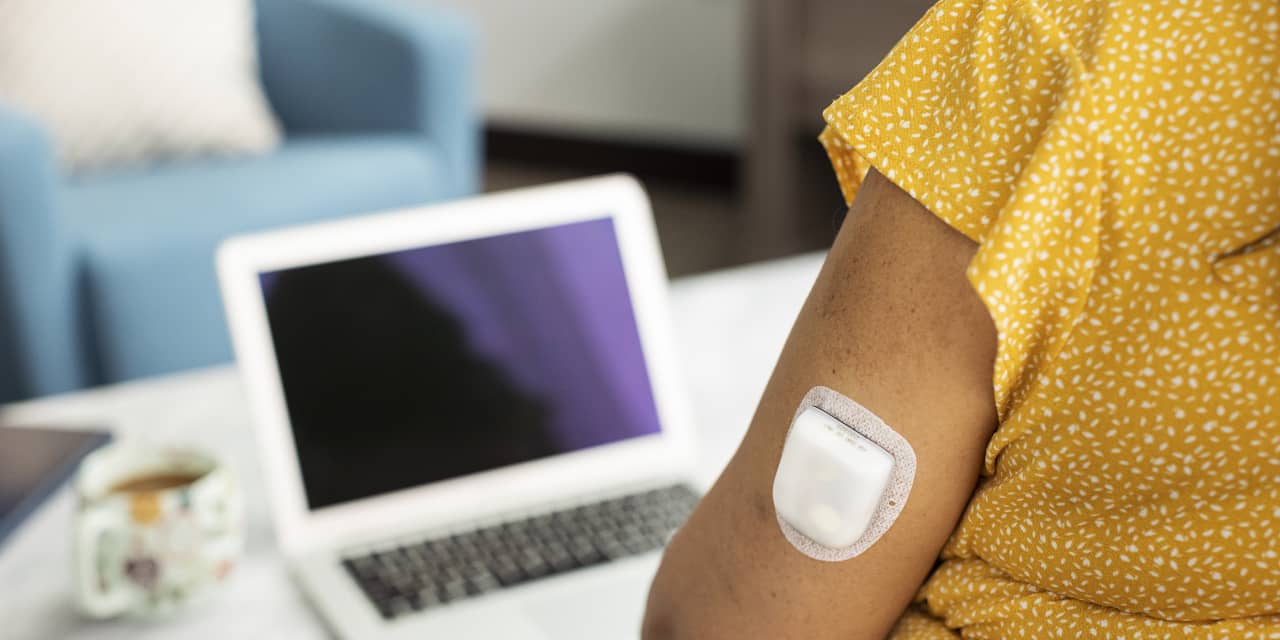The share prices of medical device companies have been circling the drain this year, as worries over the impact of the new obesity medicines weigh on the stocks.
The
iShares U.S. Medical Devices ETF
(ticker:
IHI
) is down about 13% on the year through Monday’s close, while the
S&P 500
has climbed roughly 14%. Shares of some major players in the sector have fallen even farther:
Abbott Laboratories
(ABT) is down 16% this year, while
Baxter International
(BAX) has dived 37%.
Since the summer, investors have grown increasingly worried that the new weight-loss drugs from
Eli Lilly
(LLY) and
Novo Nordisk
(NVO) will bring on vast changes in Americans’ health, which could undermine demand for many of the products sold by medical device companies.
“The basic thought process here is that excess weight is the root of many ailments ranging from cardiac artery disease to sleep apnea,” Mizuho analyst Anthony Petrone wrote in a Tuesday note. “Hence, if you solve for excess weight, demand for surgery could wane over time.”
Such fears have led to “$370 billion total market cap destruction across U.S. MedTech,” Petrone wrote.
Despite the selloff, however, it remains unclear exactly how the new obesity drugs will affect medical device companies. In an interview with Barron’s on Tuesday,
Johnson & Johnson
(JNJ) CFO Joe Wolk noted that people with obesity may not be eligible for some procedures—like knee and hip replacements—but that they could become eligible with weight loss.
“It remains to be seen, it’s early days,” Wolk said of the obesity drugs’ impact on his company’s medtech business.
For investors, that uncertainty means an opportunity for stock-picking.
To identify medical device stocks with room to grow, we screened the iShares U.S. Medical Devices ETF for companies with market values over $5 billion and with average analyst target prices implying the largest potential upside. The idea was to find the medical device stocks that analysts have the most faith in.
The stocks that passed the screen all are down significantly in the current selloff. They include
Insulet
(PODD), which sells a wearable insulin management system, and
DexCom
(DXCM), which sells a wearable glucose monitor. Both products face a theoretical challenge from the new obesity medicines, which are also very effective at controlling Type 2 diabetes.
Insulet’s
average analyst price target is roughly double its recent price, while
DexCom’s
average price target is roughly 75% above its recent price.
Other stocks to pass the screen include Baxter,
Penumbra
(PEN),
ResMed
(RMD), and
Zimmer Biomet Holdings
(ZBH).
| Company / Ticker | Recent Price | YTD Change | Market value (mil) | Average price target | Implied potential upside |
|---|---|---|---|---|---|
| Insulet / PODD | $135.91 | -53.8% | $9,489.4 | $271.37 | 99.7% |
| DexCom / DXCM | 78.95 | -30.3 | 30,622.5 | 137.84 | 74.6 |
| Penumbra / PEN | 200.09 | -10.1 | 7,690.8 | 314.38 | 57.1 |
| Baxter International / BAX | 31.98 | -37.3 | 16,194.8 | 49.50 | 54.8 |
| ResMed / RMD | 141.24 | -32.1 | 20,774.3 | 202.04 | 43.0 |
| Zimmer Biomet Holdings / ZBH | 105.05 | -17.6 | 21,951.7 | 146.19 | 39.2 |
Source: FactSet
Write to Josh Nathan-Kazis at [email protected]
Read the full article here












